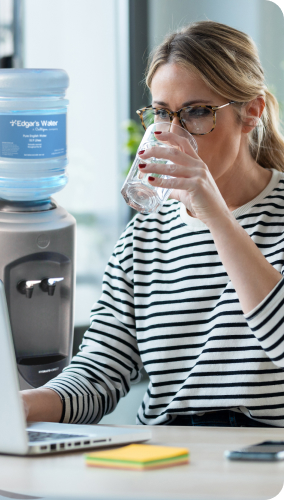Water softeners & water softening
Hard water is one of the most common water problems that can occur in the home. Hard water can cause your dishes and glasses to have spots, cause a buildup of scale and soap scum, and make laundry colors dull. All of these problems make cleaning a chore. The typical cause of hard water is dissolved calcium and magnesium minerals in the water supply. The Water Quality Association defines hard water as water that has a concentration of dissolved minerals above 1 GPG (grains per gallon). Levels of hardness are described as follows:
- Soft Water: Less than 1 GPG
- Slightly Hard Water: Between 1 and 3.5 GPG
- Moderately Hard Water: Between 3.5 and 7 GPG
- Hard Water: Between 7 and 10.5 GPG
- Very Hard Water: More than 10.5 GPG
Rust is caused by iron in water and comes from five different forms. Particle iron and clear water iron are the two most common. These types of iron can cause staining of tubs, sinks, laundry, and even your hair. Iron bacteria, colloidal iron, and organic iron are the three other types of iron that can be found in water. These types of iron will cause red stains, sulfurous odor, and a tea-colored appearance of your water. A special iron water filter can be used to eliminate iron in your water.
